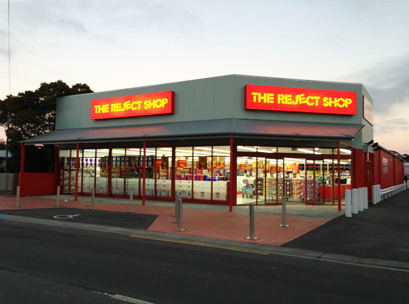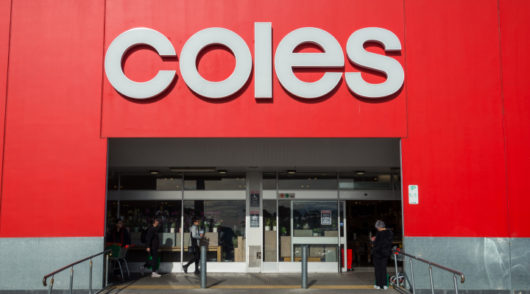
The Reject Shop on Thursday announced that chief executive Ross Sudano will depart the business in the near term. The news came as the discount retailer downgraded its profit guidance for the year from $3.1 million in the black to a loss of between $1 million and $2 million.
Sudano has led the business through a period of rapid change since he was appointed CEO in 2014.
“After a period of consolidation of the significant growth undertaken by the company, the board, in conjunction with Ross, has determined that this is an appropriate juncture to seek a new chief executive to guide the company through the next phase of its growth and bring renewed energy and vigour to the role,” The Reject Shop chairman Bill Stevens said.
“Notwithstanding the current challenges facing the business, we continue to have confidence in the company’s long-term prospects, and the opportunities for a new CEO to deliver a refreshed product range that will appeal to a broader customer base.”
In the short term, Sudano will be temporarily replaced by general manager of supply chain, strategy, and innovation Dani Aquilina, who will lead the company as acting chief executive.
Aquilina has been with the business for 12 years, and has overseen a number of key supply chain transformations, including optimising its international network, and the construction of new distribution centres.
In addition to Sudano’s departure, The Reject Shop’s board has also appointed two new directors to its board.
Zac Midalia will represent the company’s largest shareholder, Allensford Pty Ltd, which failed to acquire the struggling discount chain but gained an 18.99 per cent voting power as a result of its takeover attempt, while Steven Fisher will act as an independent board member.
Both will join the board on June 14, which will see a significant board renewal completed – with four out of six members having joined in the last nine months.
“Well below expectations”
The reduced guidance is a result of a difficult trading environment, the retailer said in a statement to the Australian Securities Exchange, in which low consumer confidence, flat wages, increases in the cost of living and a rapidly falling housing sector have driven sales well below expectations.
As a result, comparable sales are down 2.7 per cent – slightly above the year to date figure, which is down 2.9 per cent.
Gross margins in the second half are “well below expectations”, exacerbated by the competitive pricing pressure being placed on the business from both supermarket and department store rivals – forcing price roll-backs across a number of key lines as the business seeks to maintain its price gap in the market.
Access exclusive analysis, locked news and reports with Inside Retail Weekly. Subscribe today and get our premium print publication delivered to your door every week.





